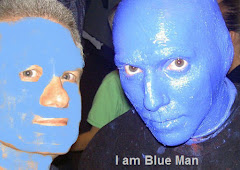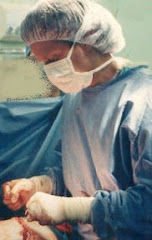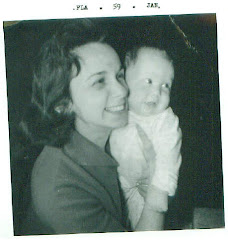| I've really been sheltered in my medical career. I was always led to believe that the U.S. medical system of care is one of the best in the world. While I see so many wonderful things about the system and working within in it, I recognize that there are other systems doing great things. The Dutch health services is one of those. The Dutch system of services is world known, mostly beyond the U.S., because of fourteen themes on which they differ from systems in other developed countries: A strong primary health care...For many years Dutch General Practitioners (GP's) are family doctors and gatekeeper before a patient enters a hospital. They have mostly a longstanding relation with their patients. The last years the GP's work more and more in multidisciplinary settings with practice nurses, psychologists, pharmacists and physical therapists. One thousand multidisciplinary health centers are in operation. But this Gatekeeper relationship is far more effective, cooperative and valuable than the gate keeper system as I know it. Strong patient unions...Since the eighties The Netherlands developed 200 patient organizations with about 600,000 members together. For nearly each disease a patient union exists. These "unions" are strong advocacy and watchdog groups for the major diseases and the patients who have those diseases. While "organizations" do exist in the U.S., these organizations in Holland play a far greater role in policy, procedures and funding. Centers for youth and family...The Dutch youth is very healthy and happy. However, there are four growing health problems amongst Dutch majorities and ethnic minorities: 1. a growing overweight in children; 2. a growing number of children especially boys with ADHD and autism; 3. a growing number of children especially girls with depressed feelings; 4. an increase of violence at home and sexual abuse of children. Disease management in mental health services...Since the nineties, in Holland many ambulatory mental health organizations and psychiatric hospitals merged. As a result thirty organizations now exist with an average of staff of more than 1000 professionals. They now all work with disease management programs per mental disorder, for instance for patients with depression, schizophrenic disorders, anxiety disorders and so on. Professional addiction care…Holland has in comparison to other European countries less soft and hard drugs users per 10.000 inhabitants. This year, the methadone programs were modernized and individualized. Most of the treatment is now evidence based. There are no perfect systems, but it was enlightening to read about the efforts of the Dutch and realize that there is more than one way to attack the issues we face in healthcare. I hope we do eventually end up with a comprehensive one payer system in the U.S., but moreover, I hope we stay focused on those core areas or themes that deserve the most attention now, so they don't eat up the most resources later. It's not impossible as some have suggested. „Onmogelijk betekent slechts dat u haven' t vond nog de oplossing." "Impossible only means that you haven't found the solution yet." |
Blogging the trek of an non-traditional, older dude through a traditional physician educational process in a non-traditional world. Some people go out and buy a muscle car for their midlife crisis (I miss my '70 Camaro), but I decided to go to medical school. It is in God's hands and it's a RUSH.
Being a 50 something medical-school graduate now isn't as "nuts" as everyone seems to think. Just getting prepared for the rest of my life
"Life isn't about finding yourself; It's about creating yourself" - George Bernard Shaw
"Life isn't about finding yourself; It's about creating yourself" - George Bernard Shaw

Just another Blue Man...

"One act of pure love in saving life is greater than spending the whole of one’s time in religious offerings to the gods." -Dhammapada


"Life is either a daring adventure, or nothing at all." - Helen Keller
"Behold the turtle. He makes progress only when he sticks his neck out." - James Bryant Conant (1893-1978), Chemist and educator
